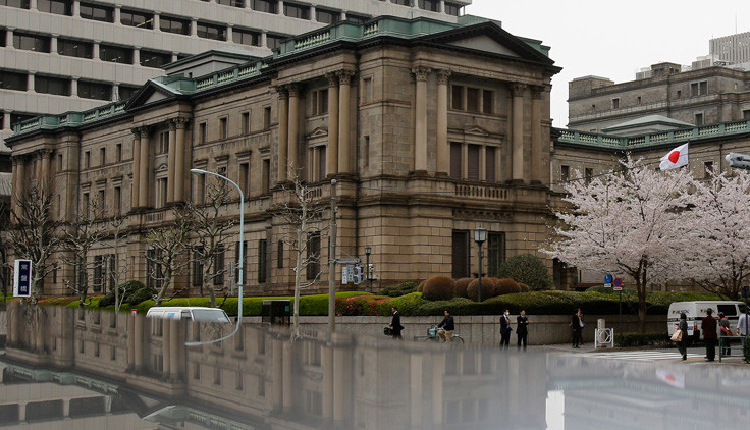Bank of Japan policymakers were split on the timing of interest rate hikes, with concerns about market volatility after the US election, according to a summary of opinions at their October meeting on Monday.
Many board members emphasised the importance of monitoring economic impacts of market fluctuations. The yen’s movements will continue to influence the timing of rate increases.
The risk of a US hard landing has decreased, but the Bank of Japan (BOJ) needs to monitor market developments closely. It is too early to assume that markets will stabilise, especially with speculation surrounding the US election outcome, one member said.
“The BOJ should be prepared for potential market volatility depending on the election results. During the Oct. 30-31 meeting, the BOJ kept interest rates low but indicated that risks related to the US economy were diminishing, suggesting a possible interest rate hike in the future,” another opinion showed.
Global stock markets and the dollar strengthened following Donald Trump’s election as US president, alleviating concerns about prolonged uncertainty among policymakers.
Analysts caution that if Trump implements higher tariffs, it could lead to market volatility and impact inflation, complicating the Federal Reserve’s rate cut plans.
The BOJ’s board members suggest a cautious approach due to ongoing uncertainty, with one member emphasising the need for careful consideration when adjusting rates.
Some experts cautioned against potential market turbulence if the BOJ raises rates further, while others emphasised the importance of clear communication about the bank’s commitment to raising rates in line with economic conditions.
“The Bank should consider further rate hikes after pausing to assess developments in the US economy,” one member was quoted as saying, adding that Japan’s economy no longer needed substantial monetary support.
Households and small businesses, which are more sensitive to increasing import costs, appeared to favour a stronger yen, according to the summary.
The weakening yen has been a concern for Japanese policymakers due to the impact on consumer spending from higher import prices. Governor Kazuo Ueda highlighted the inflationary risks associated with a weak yen as a key factor in the BOJ’s decision to raise interest rates to 0.25 per cent in July.
Attribution: Reuters
Subediting: M. S. Salama


